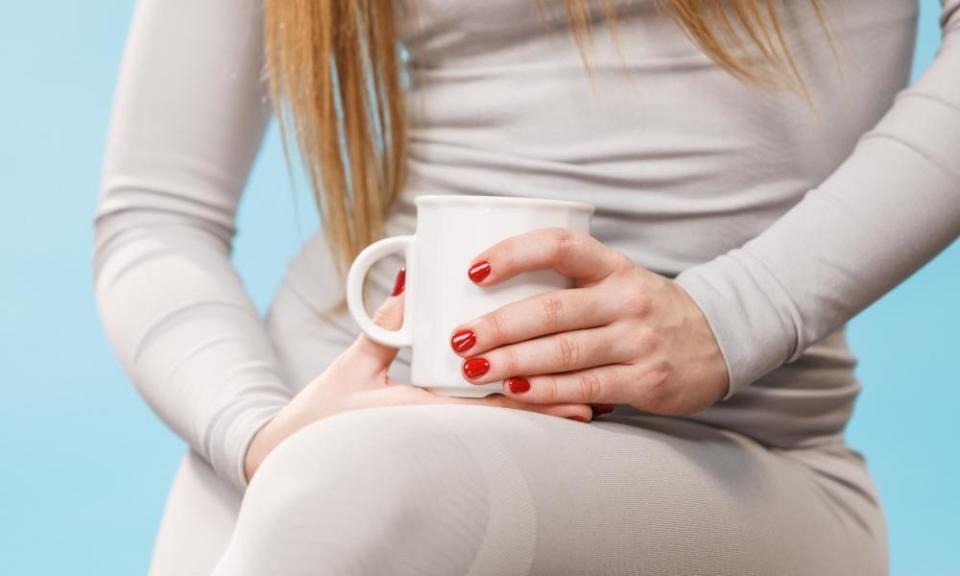'Detox teas' containing laxative senna pulled from New Zealand shelves

They are touted by celebrities such as Kim Kardashian and Cardi B and regularly enrage positive body image campaigners who say they encourage eating-disordered behaviours.
Now some brands of so-called detox teas have been pulled from shelves in New Zealand after being found to contain a pharmacy-only laxative.
“These types of products make various claims about weight loss or detoxing but they can be little more than laxatives in disguise,” said Sue Chetwin, head of the independent agency Consumer NZ, which investigated a number of brands sold in supermarkets and health food stores.
Companies need consent from New Zealand’s drug safety body, MedSafe, to advertise or sell products containing the stimulant laxative senna, Consumer NZ said. None of the teas found to contain senna had that approval.
Related: From vagina eggs to anti-vaxxers: is it time for an influencer detox?
The offending products included varieties by Healtheries, a mainstream supplement brand sold in supermarkets, and Cleanse Teatox, which was popularised by New Zealand’s social media influencers.
Chetwin said senna was on the approval-only list because it could lead to liver damage if taken for too long, and it was worrying that some of the companies did not know they needed consent to include it. Advertising or selling such products without approval could result in an NZ$100,000 fine.
There was no evidence laxative teas were effective, Chetwin said.
“You don’t need to buy a pricey tea to detox,” she said. “Your body is already primed to get rid of toxins by itself.”
Detox teas have generated controversy when endorsed by celebrities, particularly since Jameela Jamil, the British actor known for her body image activism on social media, set them in her sights. Jamil gathered nearly a quarter of a million signatures on a petition to have advertisements for them banned.
Instagram and Facebook – where their promotion is rife – have barred companies from advertising laxative teas to children, and forced some to remove “miraculous weight loss” claims.
Related: Make a resolution to avoid 'quick-fix' diets, says top NHS doctor
The national medical director of the NHS, Prof Stephen Powis, urged people to avoid falling for “quick fix” weight loss products, including so-called tea-toxes.
Vitaco, which owns the brand Healtheries in New Zealand, said it had pulled the senna-containing teas from its shelves in November last year after it was contacted by Consumer NZ.
It did not explain why its teas contained an unapproved drug.
Another detox tea with no senna is promoted on its website.
Meagan Kerr, a body positivity advocate in New Zealand, said any tea marketed as a weight loss aid should be medically regulated, whether it contained senna or not.
“There’s been no age restriction on them, and they’re marketed on social media by attractive young women to young women,” she said. “You’re essentially making medical claims here, so why is there no medical authority around that?”
Consumer NZ has said anyone who bought the teas containing senna was entitled to a refund.
“I really hope that people take advantage,” Kerr said. “Because for years these companies have been taking advantage of them and their insecurities.”

 Yahoo News
Yahoo News 